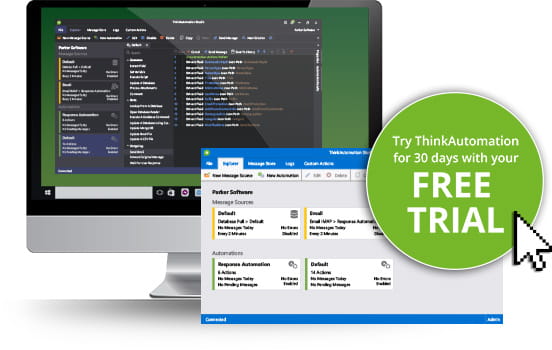When it comes to choosing a database program, MongoDB is one option that you may come across. It is a document database program that stores partially structured data in documents, making it a popular option. In this article, we objectively outline the core MongoDB pros and cons to help you make an informed decision about whether or not it is the right database system for your needs.
Pros:
-
High Speed/Performance: MongoDB's document-oriented nature allows it to offer higher speed than traditional relational databases. MongoDB makes use of cache and RAM, enabling faster retrieval and better performance. However, this means that you need a system with decent RAM.
-
Support for Ad-hoc Queries: MongoDB supports ad-hoc queries and has optimized the way this type of query is handled. This allows for real-time ad-hoc query updates, unlike routine queries.
-
Flexibility: MongoDB is a NoSQL database system, making it suitable for both structured and unstructured data. It is also schema-less, which means you can store any data type without being restricted by a schema.
-
Sharding: MongoDB addresses the concern of server struggles when it comes to large datasets by offering the benefit of sharding. Sharding allows the data to be divided and distributed to multiple servers for processing, without disrupting the activity.
-
Technical Support: MongoDB Inc offers professional support, providing access to experts who can help with any issues you may encounter.
-
Integration with ThinkAutomation: ThinkAutomation integrates with MongoDB and supports Mongo message stores. This makes it easy for MongoDB users to set up and apply automation benefits to their datasets. ThinkAutomation enables you to automate MongoDB updates and to automate the transfer of data from traditional SQL databases into a MongoDB archive.
-
Awkward Joins: MongoDB does not support joins like a relational database, making it challenging to join your stored documents. You can manually code it, but it is time-consuming and could affect performance.
-
High Reliance on Good Indexes: If your indexing has any discrepancies or errors, it can negatively impact the speed and performance of MongoDB. Therefore, you will need to spend time fixing and analyzing the indexes you use.
-
Duplicate Data: MongoDB can suffer from duplicate data, making it difficult to manage your data efficiently.
-
High Memory Usage: MongoDB demands high memory usage, which requires extra attention to keep under control. This is due to the memory inefficiency of duplicate data and the limited ability to implement joins.
-
Limited Data Size and Nesting: MongoDB limits document size to no more than 16MB and does not allow nesting beyond 100 levels.
Cons:
In conclusion, MongoDB has its pros and cons, like any other software product. Understanding these can help you make the right decision for your needs. Additionally, using automation to streamline your data handling, such as with ThinkAutomation, can provide further benefits regardless of your choice of database system.

